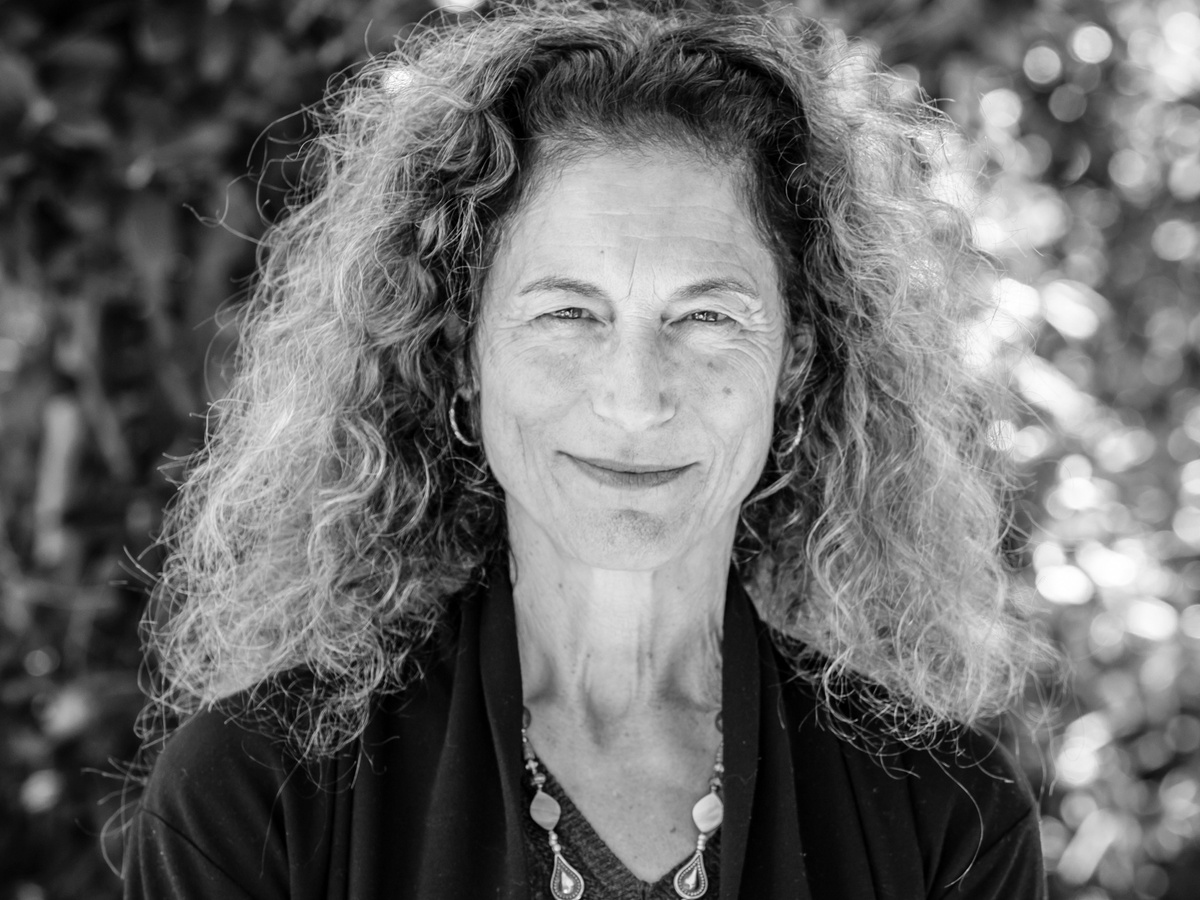Continuing Education for Leaders of Church of Pentecost “City Churches” in North America
2024: Pentecost Biblical Seminary (PBS) will assess the formation and continuing education needs for Church of Pentecost (CoP) ministers and lay leaders in churches located in urban centers across North America. This is an important time to attend to the training and formation needs of Church of Pentecost leaders involved in urban ministry, as one strategy from the church’s Vision 2028 is “to maximise influence in the cities and urban centers.”
The Church of Pentecost is currently rethinking church growth strategies, discipleship, pastoral care, and ministry outside of the church in urban centers and is currently piloting a “city church” model that includes building multiracial, multinational, multicultural and multigenerational churches in urban centers that are aware of, and responding to, the contextual realities of their urban settings. To support this vision, Pentecost Biblical Seminary, as the educational arm of the church in North America, seeks to provide training for current and newly called ministers and lay leaders in understanding ministry in the city and the various diverse contexts they are located.
The goals of this planning grant are to assess both the formational and educational needs for CoP leaders in North American cities and also to assess the best ways Pentecost Biblical Seminary can support and strengthen their work in ministry in the city. We anticipate concluding with a full grant proposal in support of both a continuing education certificate and an area of specialization in urban ministry in the seminary’s Master of Arts in Pastoral Ministry degree program.

Apostle Andrews is a minister with the Church of Pentecost (CoP) USA. He leads Pentecost Biblical Seminary in Wayne, NJ, as president and national executive member of the CoP USA.
The Strengthening Pastoral Formation for Ministry in the City initiative involves seminaries, theological institutions, and churches and intends to help communities and institutions explore and assess their own urban context and church life; gain clarity about their mission and programmatic offerings; and strengthen and support the design and implementation of plans to address key challenges and opportunities for pastoral formation and flourishing congregations in urban settings.

